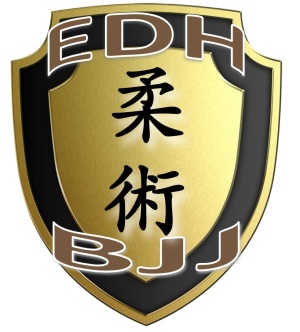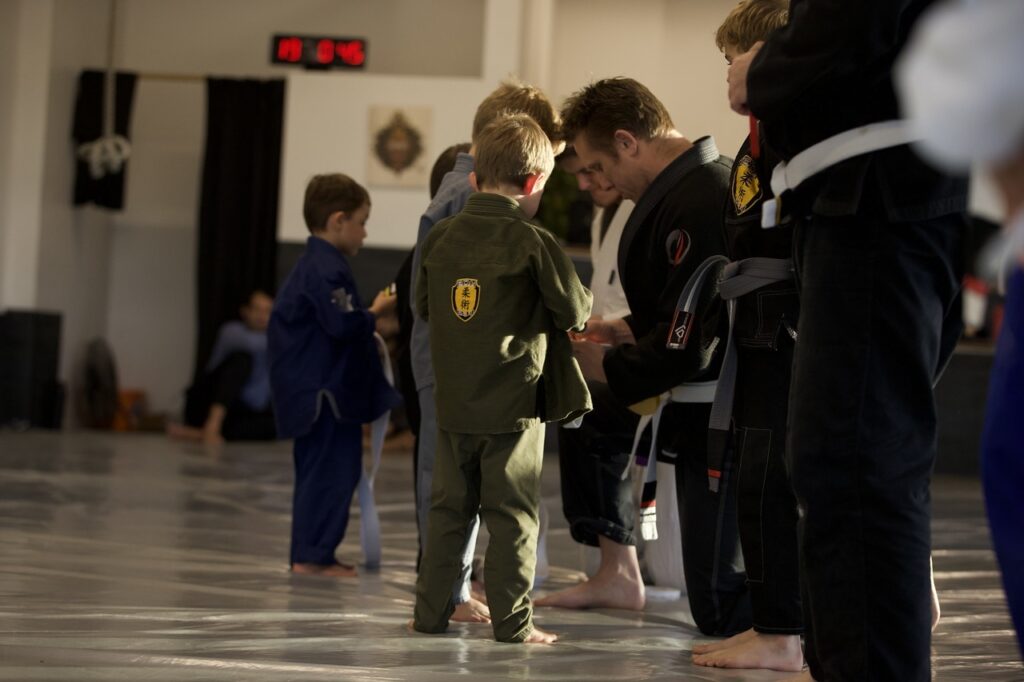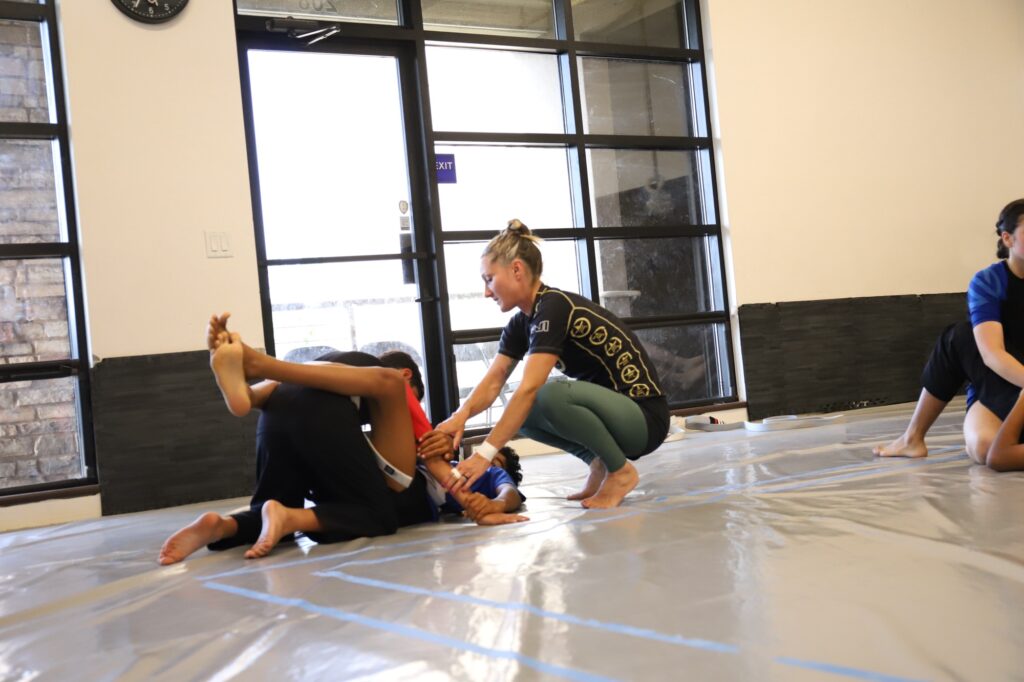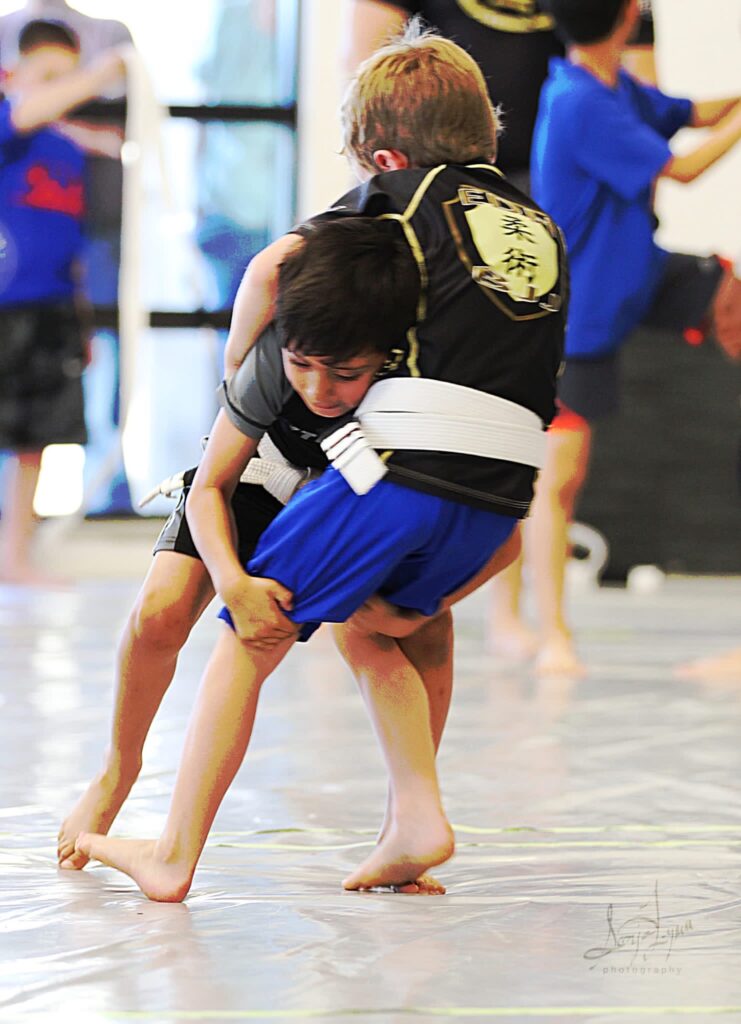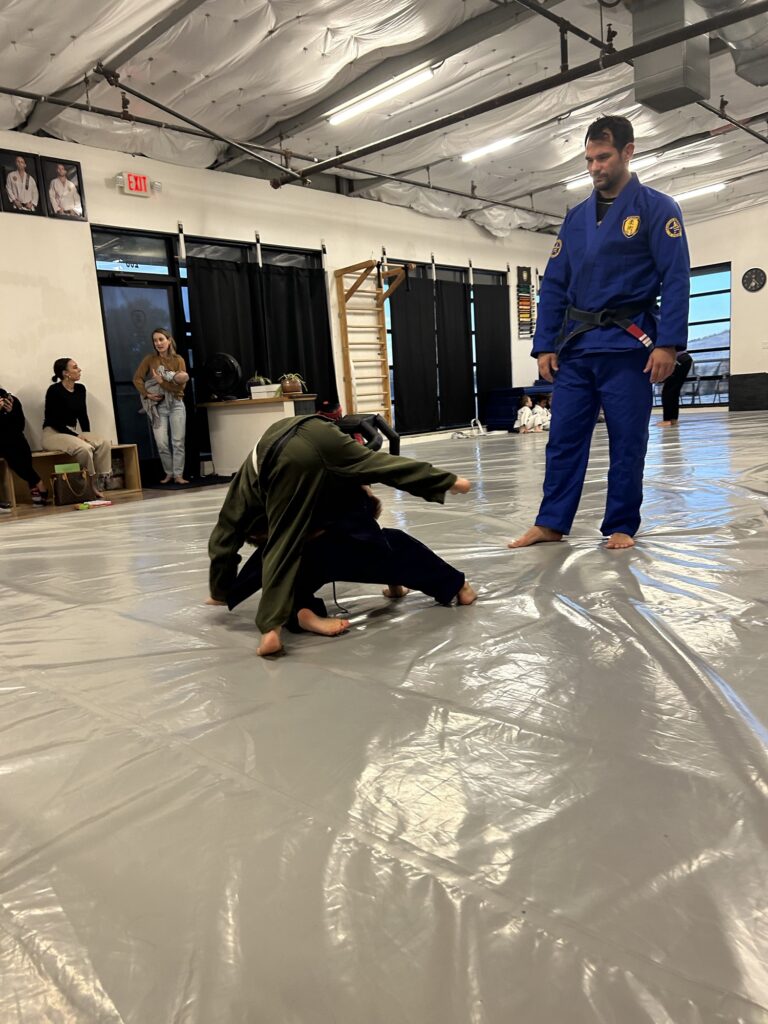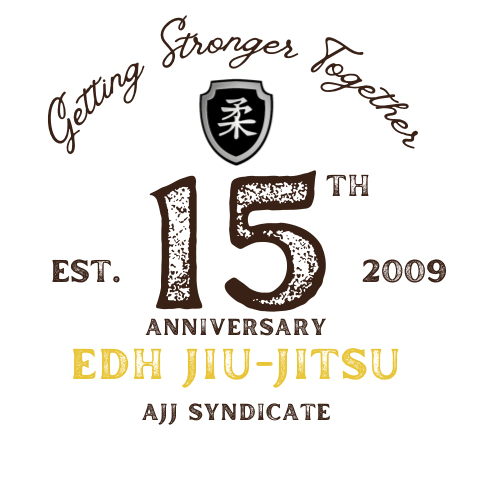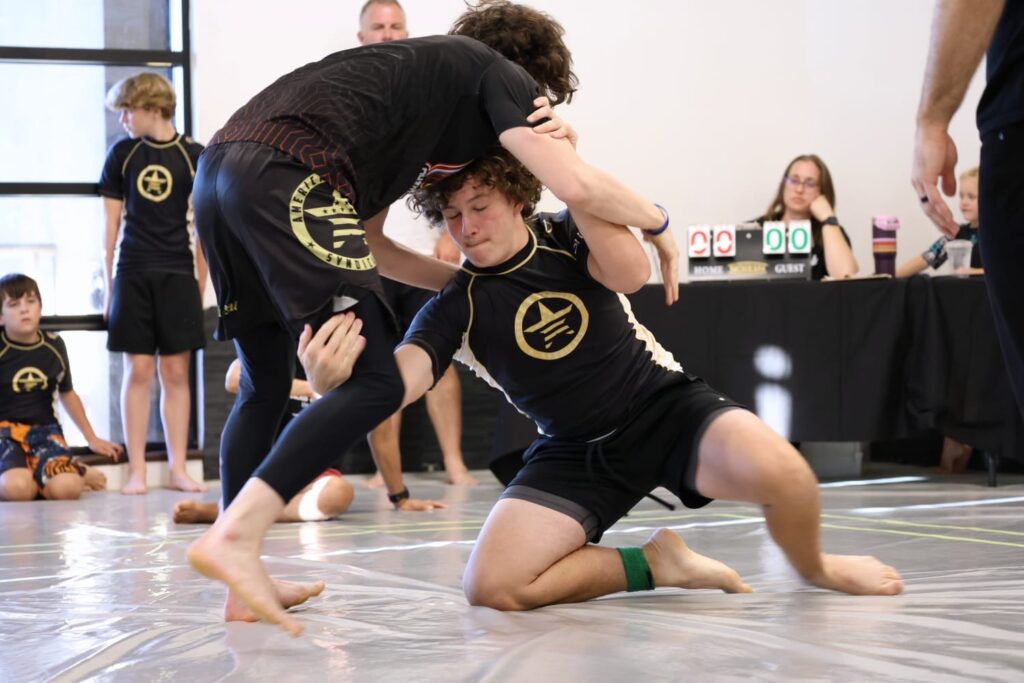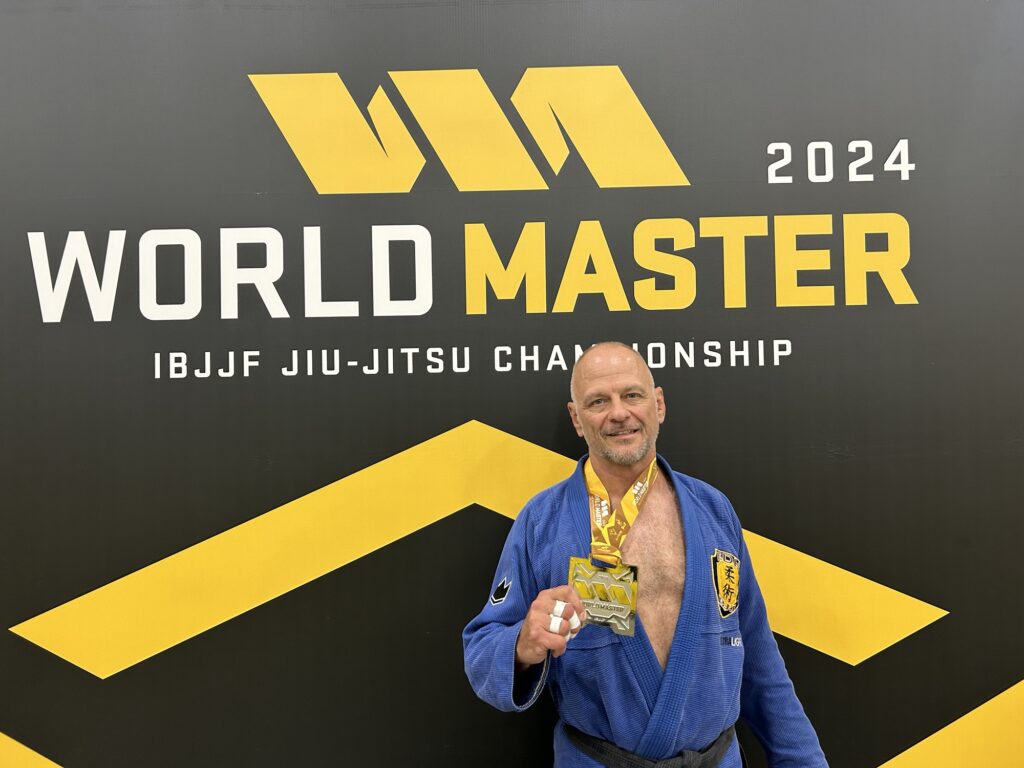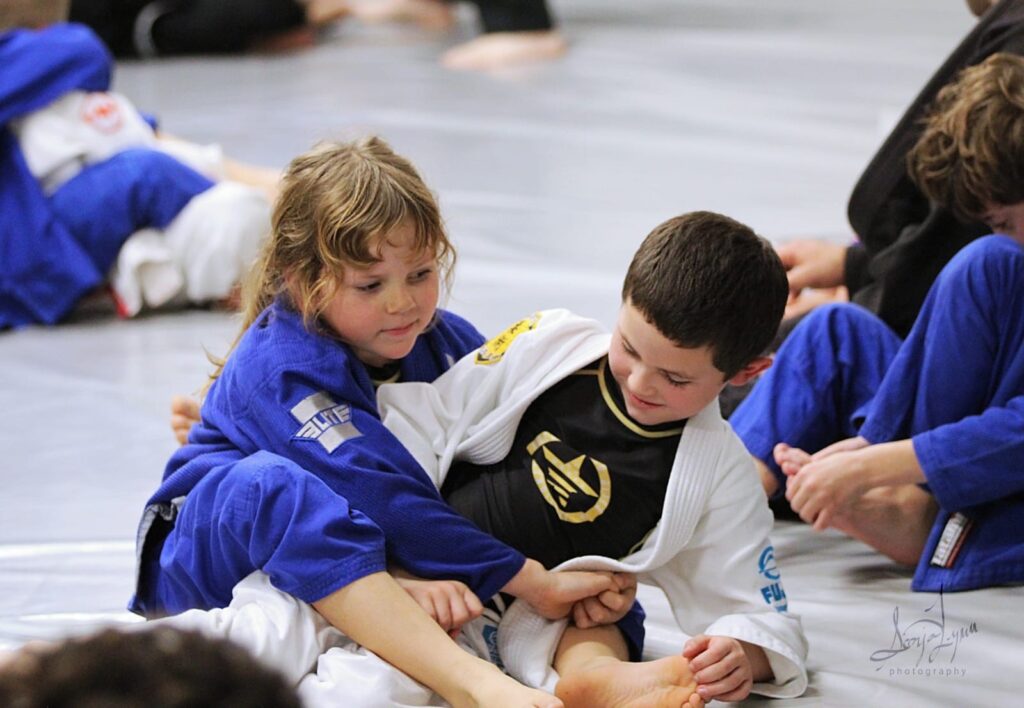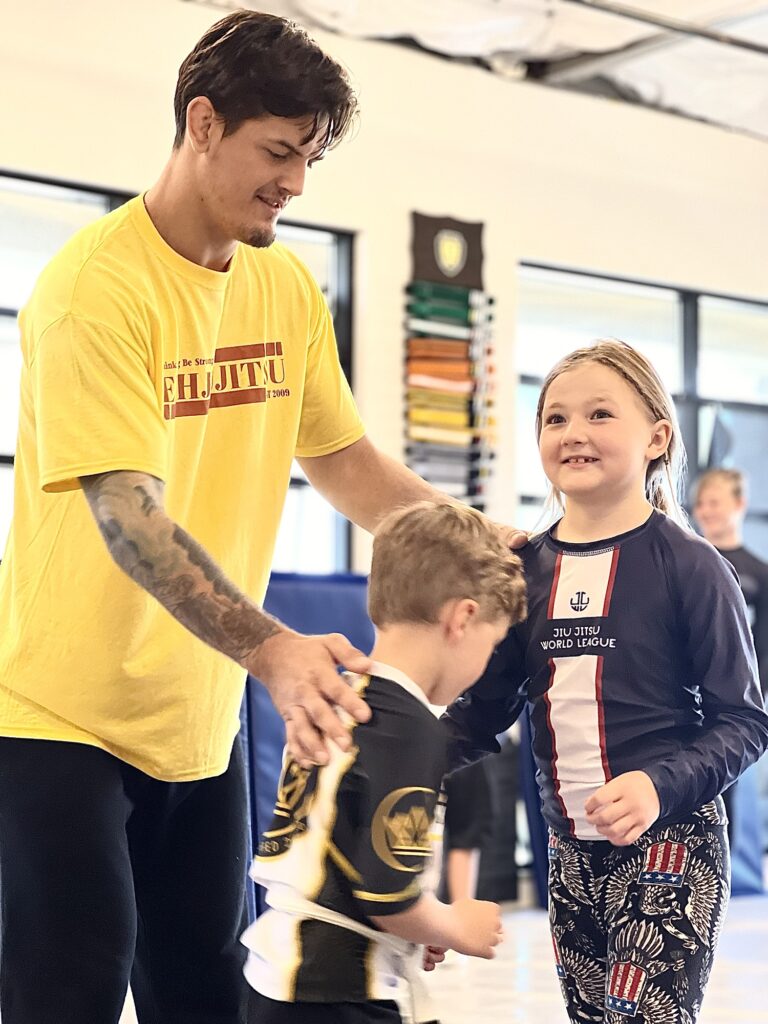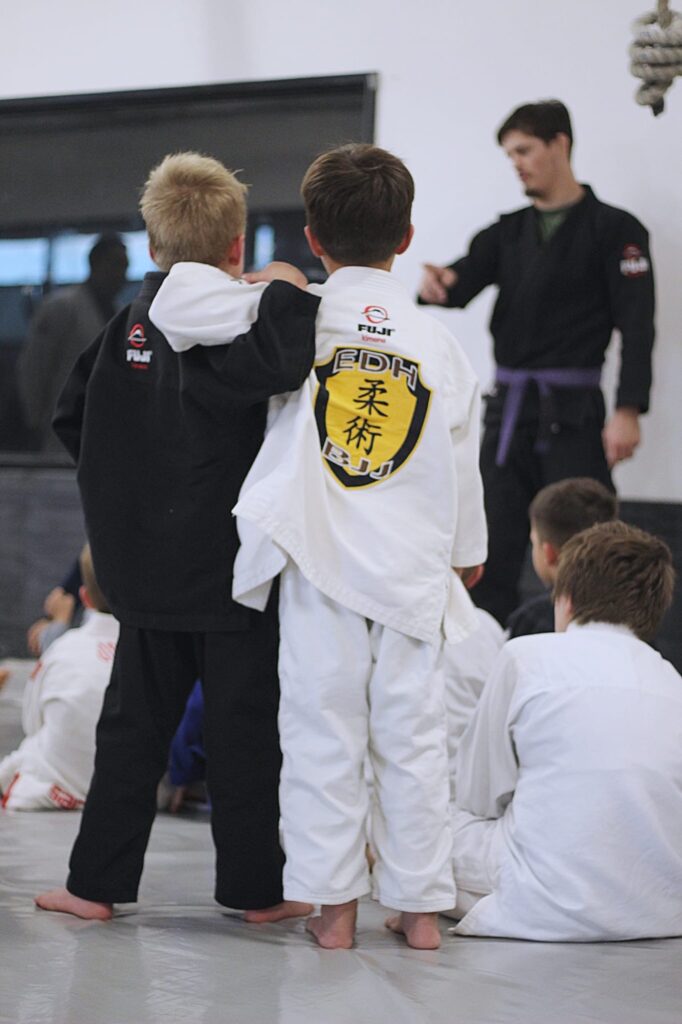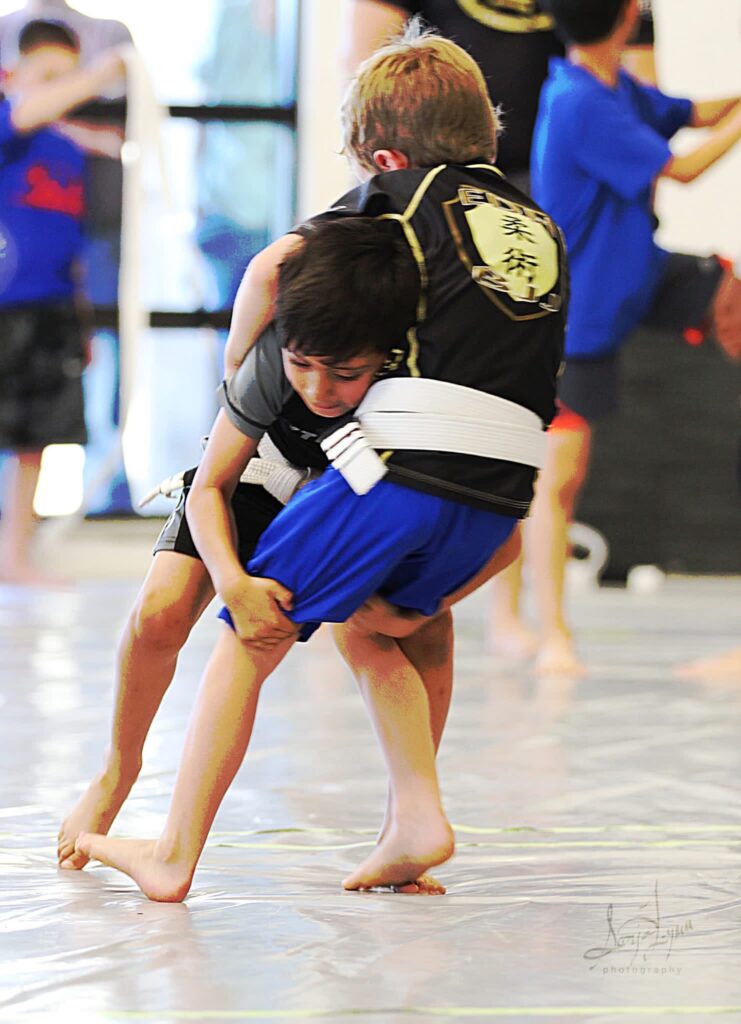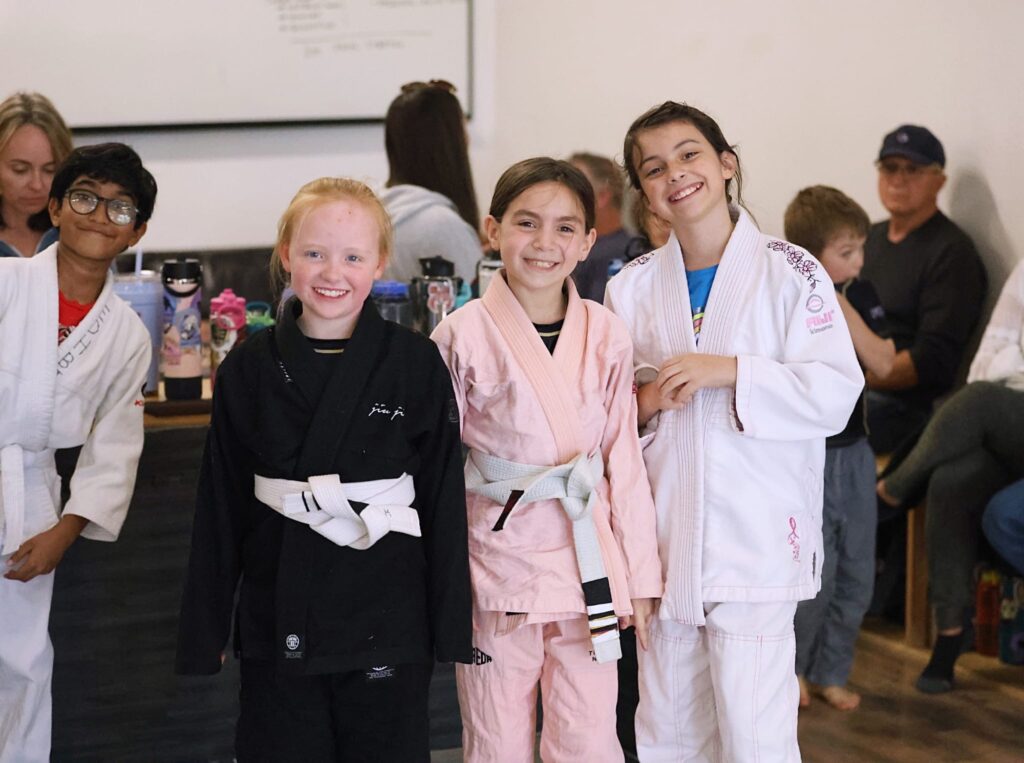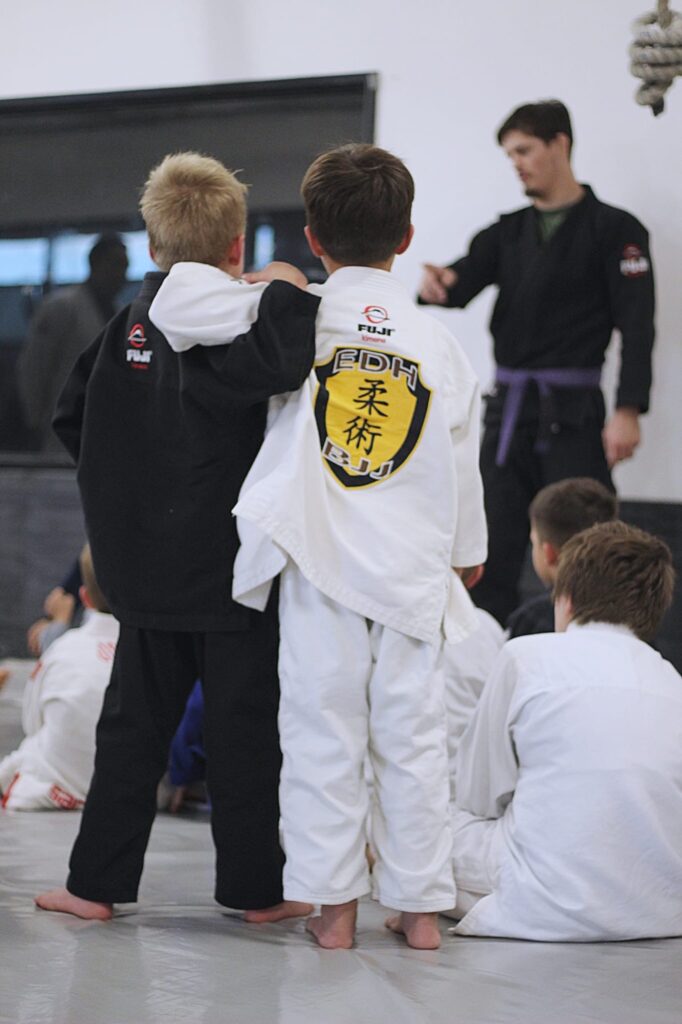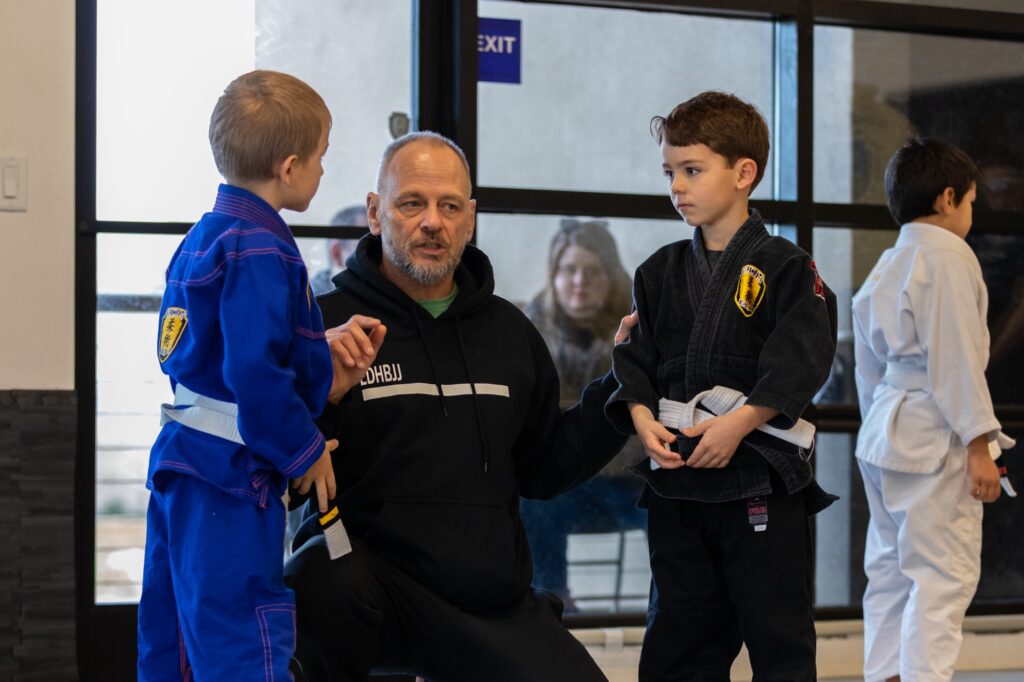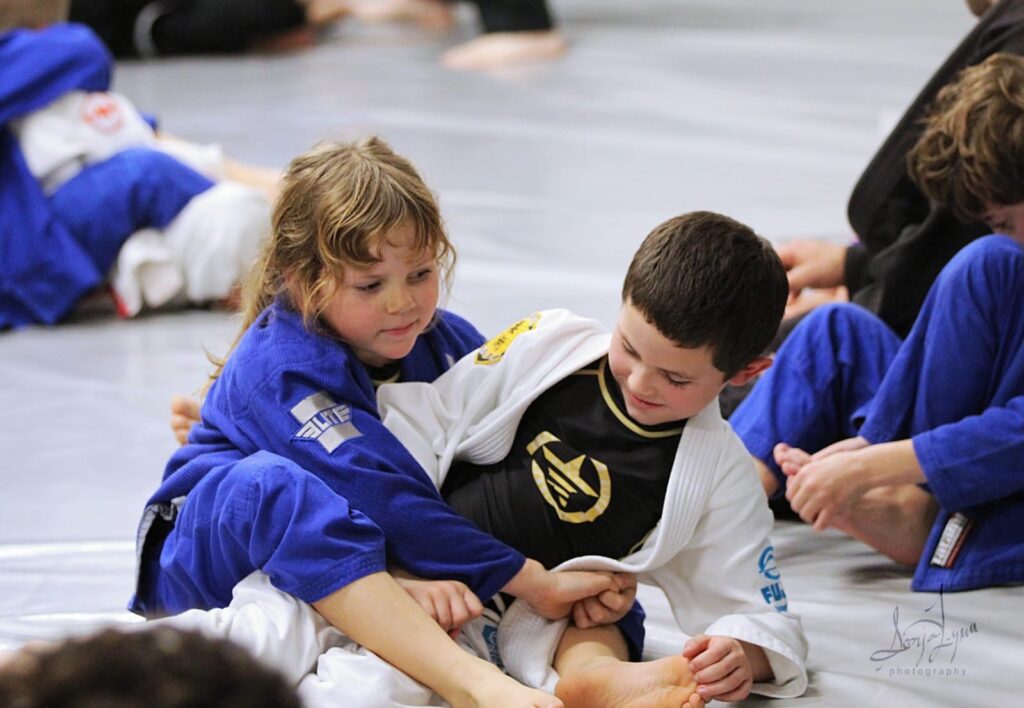At El Dorado Hills Jiu Jitsu, we believe that success on the mat isn’t just about physical ability—it’s about mindset. Carol Dweck’s groundbreaking research on mindset, as described in her book Mindset: The New Psychology of Success, provides a powerful framework for how we approach learning and growth in our academy.
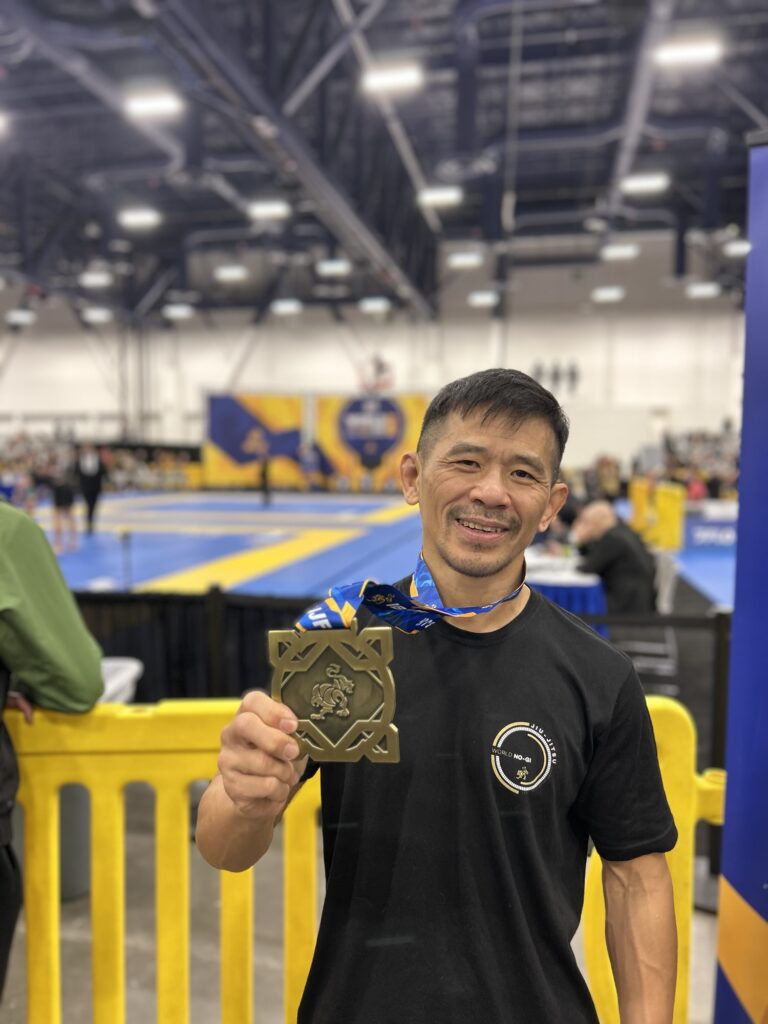
Dweck outlines two types of mindsets: fixed and growth. A fixed mindset sees abilities as static—either you’re “good at something” or you’re not. In contrast, a growth mindset embraces challenges, views effort as a path to mastery, and sees setbacks as opportunities to learn.
In Jiu Jitsu, this distinction is crucial. Whether you’re a beginner learning to escape side control or an advanced practitioner refining your guard, how you perceive failure will dictate your progress. Do you see a lost match as a reflection of your limitations? Or do you see it as feedback on where to improve?
Building a Growth Mindset Culture
At El Dorado Hills Jiu Jitsu, we strive to foster a culture where growth mindset is at the core of everything we do:
1. Normalizing Mistakes as Part of the Journey
Mistakes aren’t just inevitable in Jiu Jitsu—they’re essential. Each failed attempt teaches you something new. We encourage our students to approach mistakes with curiosity instead of frustration.
During our classes, you’ll often hear coaches reminding students, “This is where the learning happens.” When you struggle with a technique, it’s not a sign of failure but an opportunity to grow stronger, more technical, and more resilient.
2. Celebrating Effort, Not Just Results
While medals and victories are worth celebrating, we place equal emphasis on effort and perseverance. Whether it’s showing up consistently for the 6am class, working on a weak area, or helping a teammate improve, these actions reflect the true spirit of Jiu Jitsu.
By valuing hard work over natural talent, we create an environment where everyone feels empowered to grow, no matter where they start.
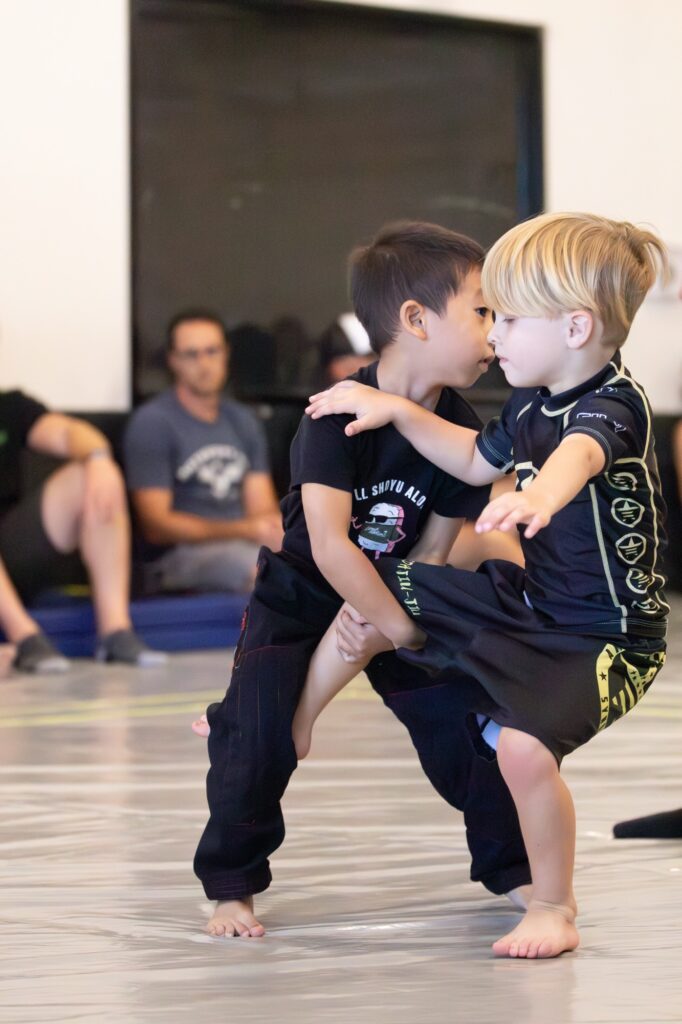
3. Feedback as a Gift
Carol Dweck highlights the importance of constructive feedback in cultivating a growth mindset. At our academy, feedback is given with the intention of helping you reach your potential. Rather than focusing on what went wrong, we ask, “What can we do better next time?”
This approach helps students detach their ego from the process, making it easier to embrace challenges and setbacks.
4. Modeling Growth Mindset
Our instructors lead by example, showing that even black belts are perpetual students. When our coaches share their own struggles and breakthroughs, it reinforces the idea that growth is a lifelong journey.
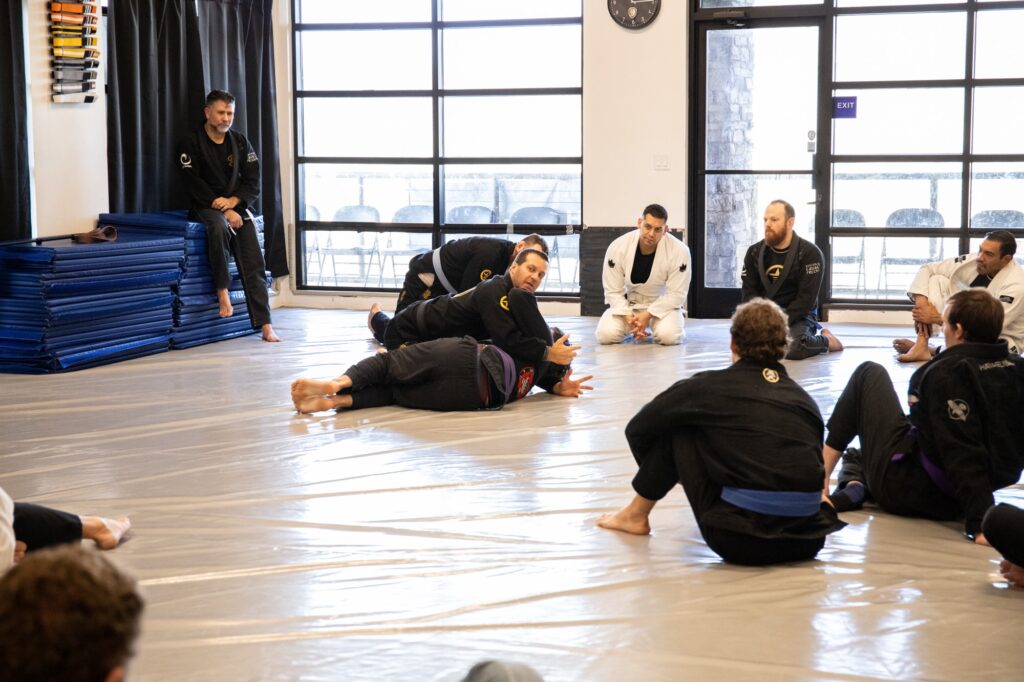
Why It Matters
Cultivating a growth mindset isn’t just about becoming a better martial artist; it’s about becoming a more adaptable, resilient person in every aspect of life. Whether you’re facing challenges at work, school, or in personal relationships, the lessons learned on the mat—perseverance, humility, and continuous improvement—carry over.
Join Us on the Journey
At El Dorado Hills Jiu Jitsu, we’re committed to building a community where growth is celebrated, and everyone feels empowered to reach their potential. Whether you’re a seasoned competitor or a first-time student, our culture of learning and support will help you unlock new levels of skill and confidence.
Ready to embrace the journey? Join us for a class and experience the growth mindset in action.
